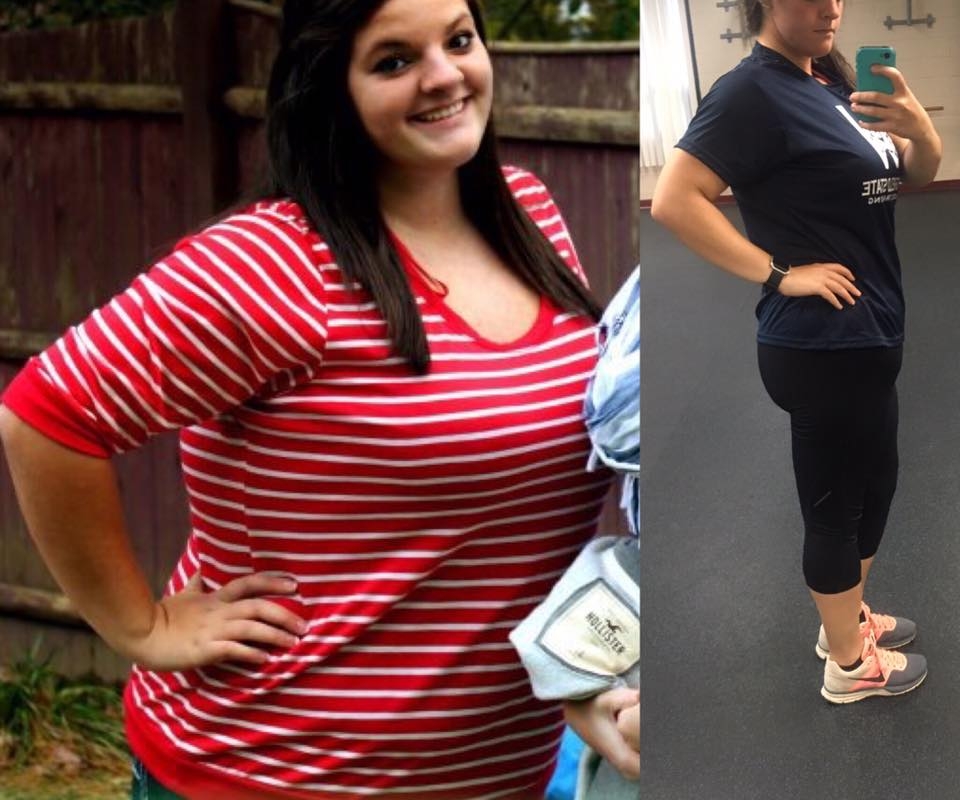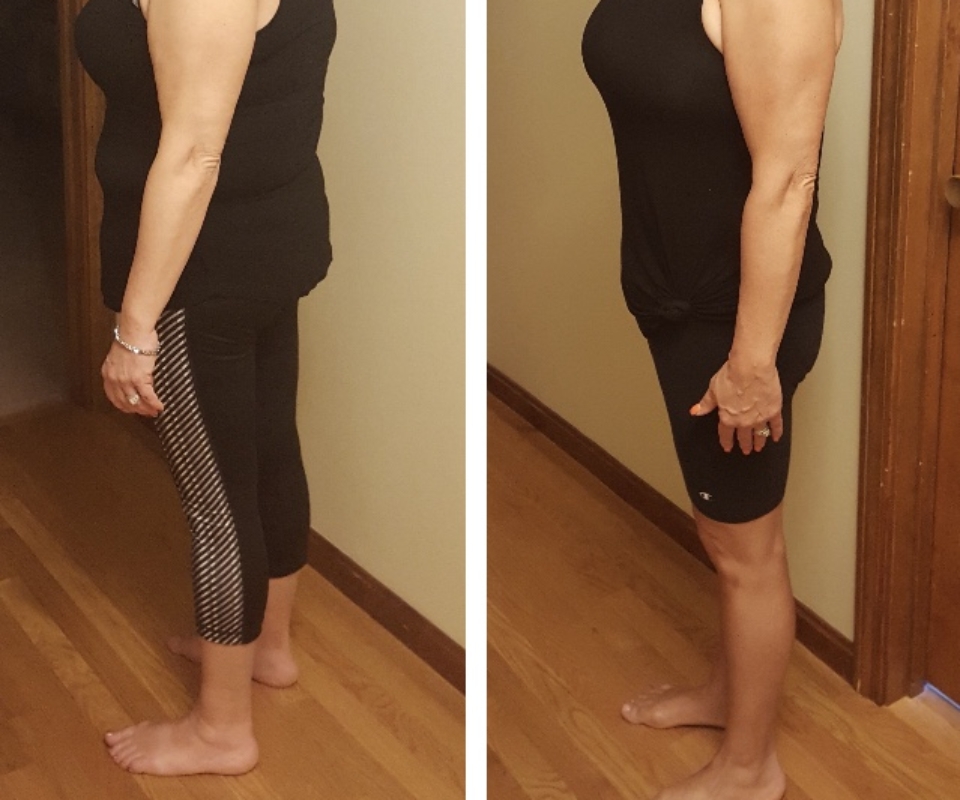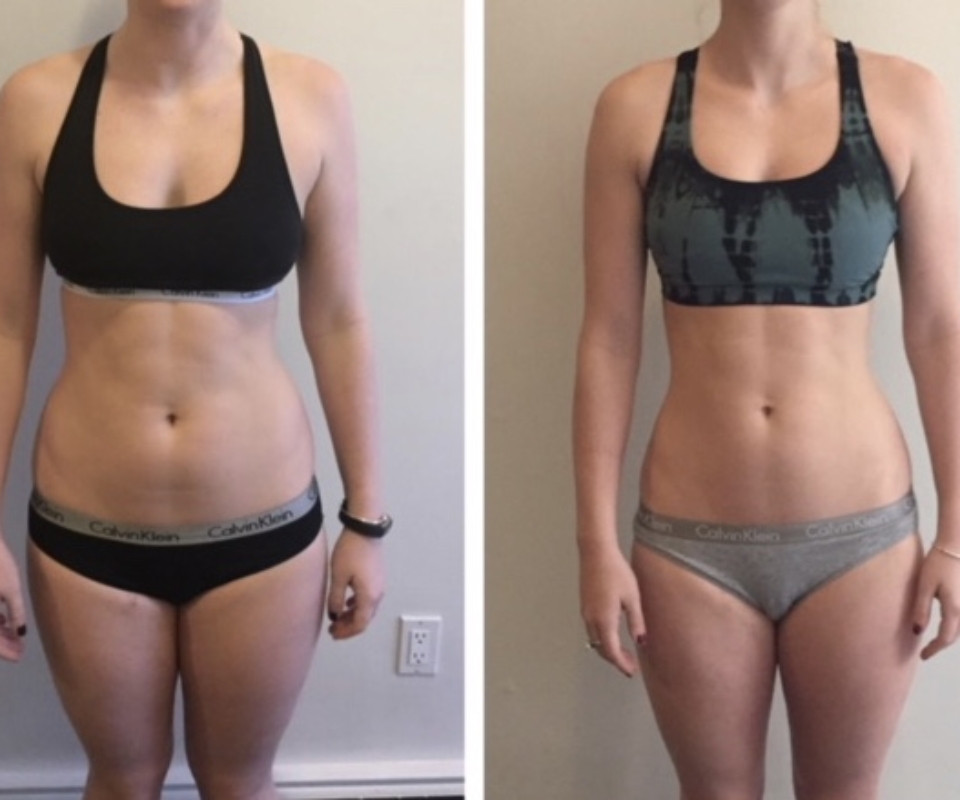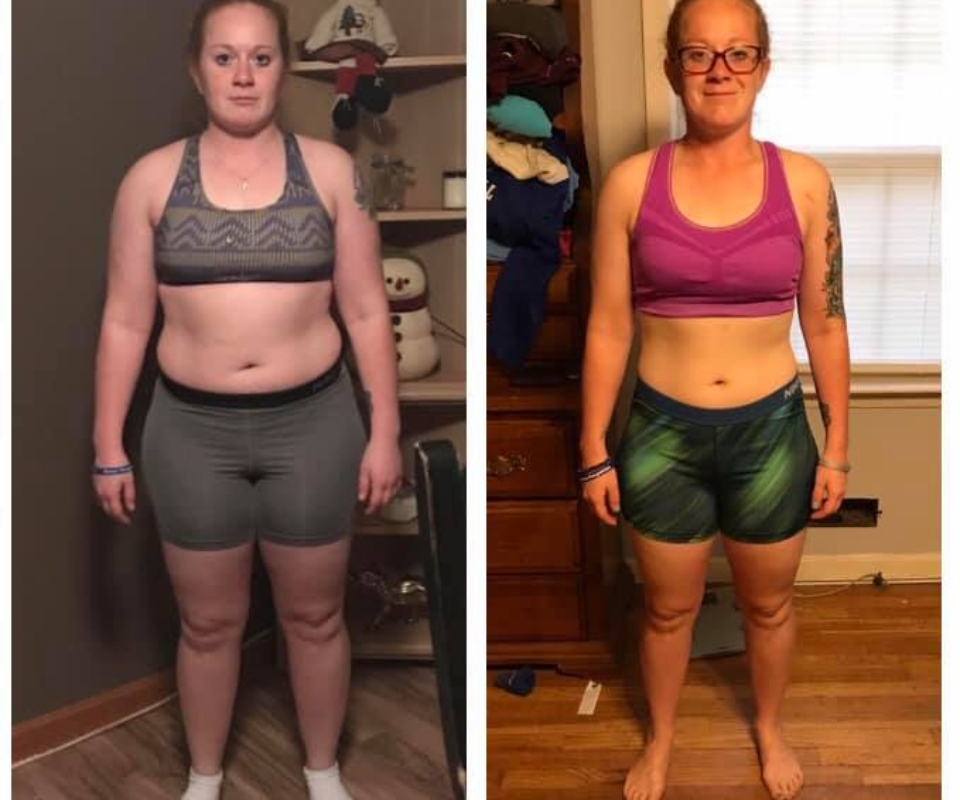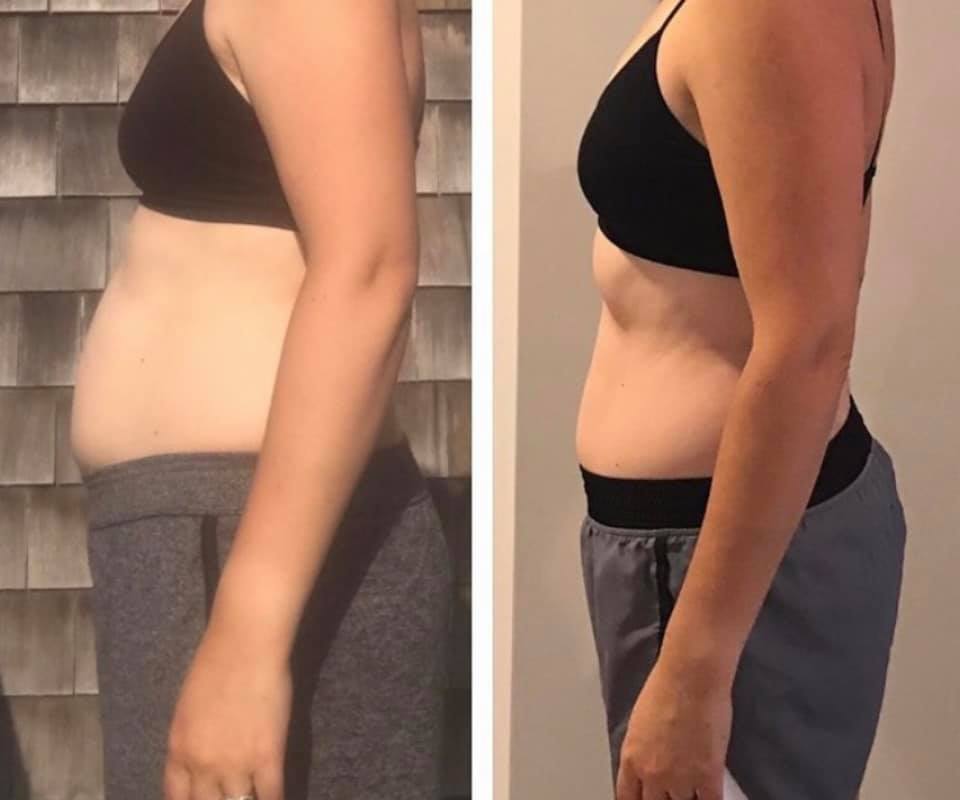Early in my personal training career, while shadowing a trainer at a commercial gym (we’ll call her “Tracy”), I saw an all-too-common mistake play out.
Tracy’s client asked, “How do I get rid of belly fat? Do you know any exercises for my ‘muffin top’?” She proceeded to lead her client to a Swiss Ball, where she had her do Crunches—assuring her it targeted the area she wanted to tone.
While not completely wrong (Crunches target your midsection), this did nothing for her client’s goal of getting rid of belly fat. This is because exercises target muscle tissue—not fat tissue. Whether or not you lose fat boils down to your nutrition (more specifically, your calorie intake), workout structure, and sleep quality.
In fact, there’s no such thing as an exercise that burns fat.
This called “spot reduction,” or “spot training,” and it isn’t physiologically possible. The real recipe for losing “stubborn” fat (from anywhere on your body) includes:
1) Eating few enough calories to produce weight loss
Workouts don’t burn nearly the calories you think, and it’s incredibly easy to “eat back” the calories you do burn, so it’s in your best interest to prioritize nutrition—most likely, in the form of counting calories (as it takes the guesswork out of weight loss). I have an entire guide on this (HERE), but the spark notes include:
→ Eating 10-12 times your bodyweight in calories (ex. 2,000-2,400 calories for a 200 pound person)
→ Weighing your portions to make sure your numbers are accurate
→ Modifying intake based on your progress (ex. losing .5-1% of your bodyweight per week)
For “bonus points,” you can establish a protein minimum (of .8 grams per pound of bodyweight), which minimizes hunger and muscle loss while dieting. Admittedly, this is hard for most people, so I’m giving away copies of the One-Stop Nutrition Guide, my best resource for dieters looking to transform their bodies:
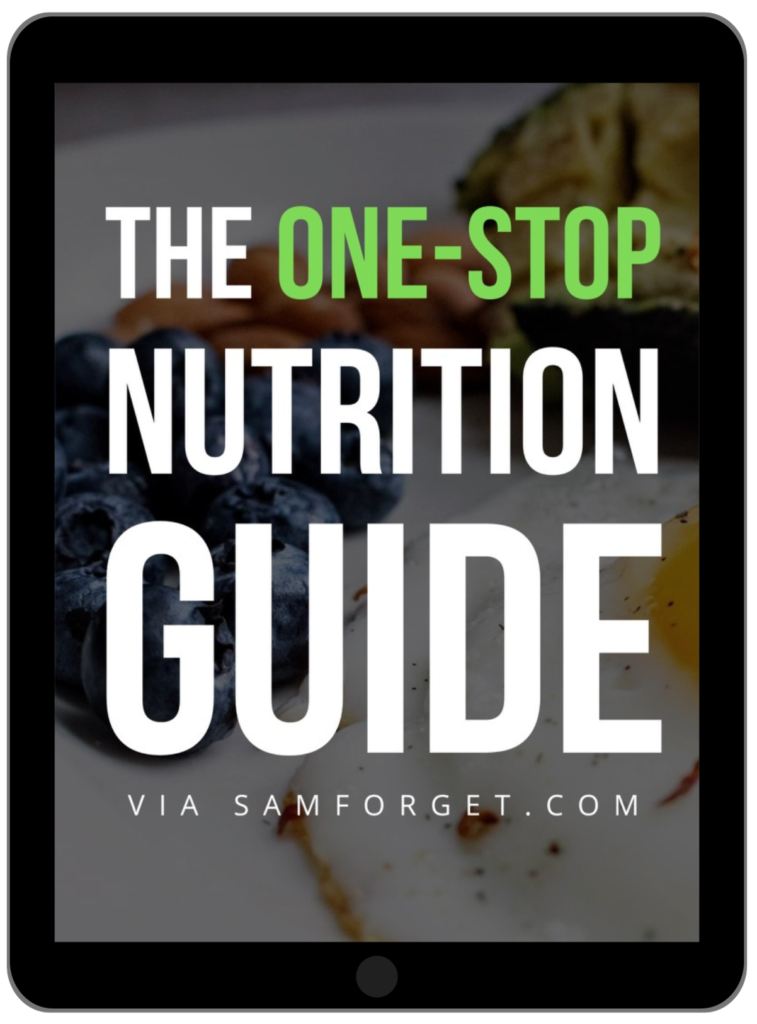
Just tell me where to send your copy:
2) Strength training enough to prevent muscle loss
The most effective “fat loss workouts” emphasize muscle retention—and the most effective muscle retention workouts are the most effective muscle-building ones. And the most effective muscle-building workouts (bear with me) include:
→ A variety of rep ranges
→ Weight increases (over time)
→ Adequate rest periods
This means the most effective “fat loss workouts” don’t look the way you’d expect—but traditional strength training is best for “toning and sculpting” what’s under layers of fat (for when your diet produces weight loss). Think of it like chipping away at a sculpture.
These group coaching members have experienced the power of strength training firsthand:
3) Sleeping well
I know this isn’t "sexy," or seemingly related—on a surface level. But your ability to lose belly fat (or fat from any area) is heavily predicated by your sleep habits and quality.
Reason being, late bedtimes and low quality rest increases ghrelin, your hunger hormone—making it hard to eat a reduced calorie diet without feeling starving. Not only that, it decreases leptin, your fullness hormone—making it hard to get full (even when you're eating well).
Couple these with the fact that a 2010 study found that sleep deprivation reduced weight loss by 55% and muscle retention by 60%, and you’ve got yourself a recipe for transformation disaster. You can’t blow this off and expect to do well—so it’s in your best interest to review all twenty-four tips I’ve compiled for sleeping well (HERE). Your success depends on it in a MAJOR way.
4) Being incredibly patient
What Tracy failed to address—besides the fact the spot reduction doesn’t exist—is that genetics determine where fat comes off. So your nutrition, workouts, and sleep habits can be optimized for fat loss... but your belly fat isn’t going anywhere (for now) if your genetics aren't ideal.
This said, I don’t want you feeling discouraged.
You can lose fat from the most stubborn areas IF you stay the course when most people complain and quit. But this requires tremendous patience. Because, if I'm being honest, these areas tend to be the "last to go" when dieting. And you can handle this in two ways:
✕ You can sulk about how "unfair" your genetics are
✓ You can focus on what’s within your control and DO something about it
Like requesting a complimentary copy of the One-Stop Nutrition Guide, and learning exactly what I recommend my clients eat in a reduced calorie diet:

Or accelerating the transformation process with VIP Nutrition Coaching:


